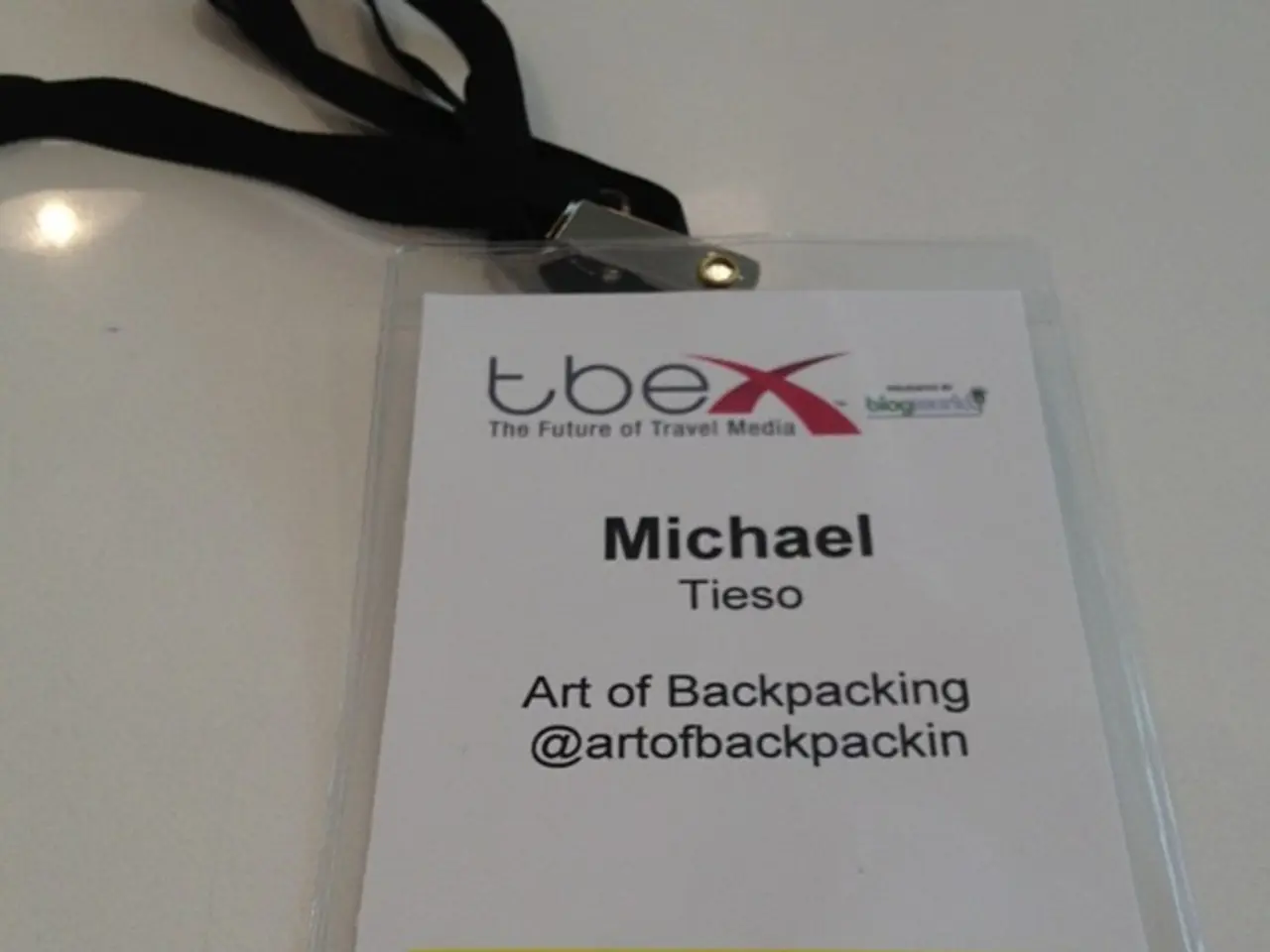Deepfake Challenges and Identity Authentication: Potential Threats Exposed
In the digital age, where identity verification is paramount, a new technology is making strides in bolstering online security: Verifiable Credentials (VCs). These cryptographically secure digital proofs of identity are revolutionising the way we authenticate users, offering a robust solution against the growing threat of deepfake identity fraud.
VCs, unlike traditional identity verification methods, confirm not only the possession of identity attributes but also their issuance and verification by trusted authorities. This makes them extremely difficult to fake or manipulate using deepfake technology.
One of the key advantages of VCs is their cryptographic security. They are digitally signed by issuers, such as governments, and cryptographically verified by verifiers, ensuring data authenticity and preventing forgery or cloning, typical in deepfake-generated synthetic identities.
VCs also prioritise privacy, allowing individuals to prove specific identity attributes without sharing unnecessary personal information. This selective disclosure reduces exposure and the risk of data misuse, exploited by fraudsters.
Integration with biometric verification is another strength of VCs. By combining VCs with biometric authentication like face matching and liveness detection, it becomes more difficult for deepfakes to impersonate real users.
VCs also resist synthetic/fake profiles because fraudsters are reluctant to tie real biometrics to fake profiles. This resistance acts as a strong deterrent and detection method against deepfake attacks.
Platforms incorporating VCs often include deepfake detection technologies that analyse videos and images for signs of forgery, such as inconsistencies in facial movements or lip-syncing. This enables reliable identity proofing even against advanced synthetic content.
In essence, VCs create a foundational trust layer that is both technically robust and privacy-conscious, significantly raising the bar against deepfake-enabled identity fraud in online verification processes.
As deepfake technology continues to evolve, making it harder to distinguish real from fake, organisations are investing in technologies built to detect and prevent synthetic fraud. VCs are becoming a core building block of digital identity ecosystems, enabling secure management and verification of identities across multiple platforms.
Our website is a member of the World Wide Web Consortium (W3C) and upholds the standards for the World Wide Web, working towards a more secure and user-friendly online experience. It is an open-source ecosystem that provides solutions for on-chain and secure identity verification, aiming to improve the user experience and reduce onboarding friction.
- The cryptographic security of Verifiable Credentials (VCs), which makes them difficult to fake or manipulate, makes them a valuable asset in business transactions and finance, where the authenticity of digital identities is crucial.
- In the realm of cybersecurity, Verifiable Credentials (VCs) demonstrate a significant advantage by resisting synthetic/fake profiles and integrating with biometric verification, thus offering a robust solution against deepfake-driven identity fraud in technology-driven businesses.




